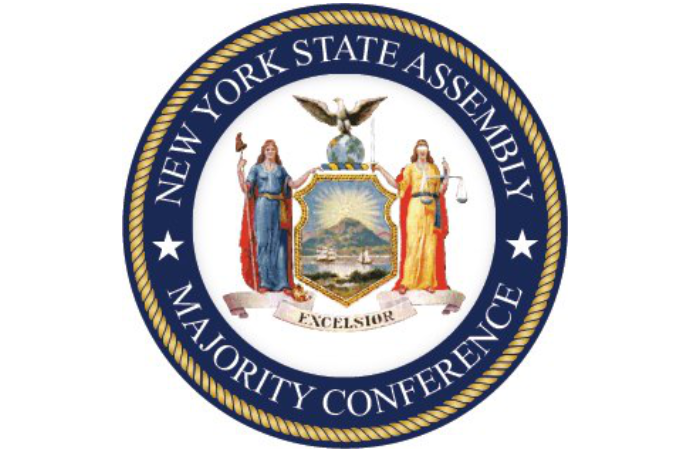ALBANY, NY. – A bill introduced in the New York State Assembly would put a moratorium on the operation of live animal markets in the state. The legislation comes in response to the coronavirus (COVID-19) pandemic.
Scientists have traced the origins of the coronavirus pandemic to Wuhan in China’s Hubei Province and specifically linked the virus to wet markets where meat, seafood, poultry and exotic animals are sold. State Representative Linda B. Rosenthal and State Senator Luis Sepulveda introduced the moratorium bill out of concern that the live animal markets in New York State present public health risks and animal welfare concerns. If passed, the bill also would establish a task force to examine these issues.
New York has roughly 80 live poultry markets, which serve immigrants, Muslims and other consumers who prefer live or halal slaughter. The markets typically sell chickens, ducks, turkeys, rabbits and other poultry as well as goats, sheep and cows. But problems documented at the markets include unsanitary conditions, and ongoing health, safety and animal welfare problems that have persisted due to a lack of regulation and oversight.
“Live markets in New York City have been issued a litany of violations by the New York State Department of Agriculture and Markets for offenses including leaving animal blood and feces on public sidewalks, allowing grime to accumulate on butchering equipment, and other unsanitary conditions,” according to the legislation. “Not only are these conditions cruel to the animals, they are hazardous to the health of customers who buy their food at these markets.”
In 2016, The New York State Assembly passed a bill extending a ban on issuing licenses to live animal slaughter businesses located within a 1,500-foot radius of a residence in New York City. That same year, low-pathogenic H5 avian influenza was confirmed at live-poultry markets in New York, New Jersey and Pennsylvania.
“Regardless of the species offered, the markets are potential vectors for the spread of zoonotic disease,” the bill states. “The crowding of multiple species, the sourcing of the animals and the filthy conditions in which they are routinely kept in and killed all create the opportunity for disease to spread, presenting the risk of another global pandemic.”
Language in the bill establishes a task force of seven members with expertise in infectious diseases and zoonotic diseases. The bill also stipulates that one member of the task force should be a veterinarian not employed by a government agency, and one member should be from a “… duly incorporated animal welfare organization.”
The bill currently is in the agriculture committees of the Assembly and Senate.


